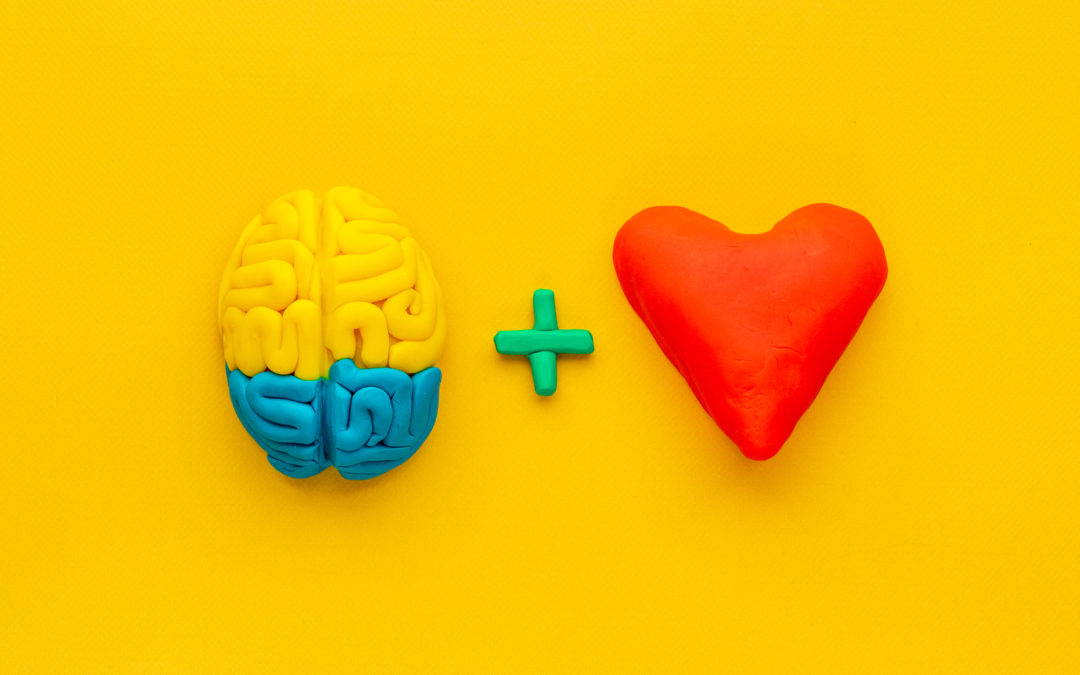Human connection is as fundamental to us as access to food, water and physical safety.
A number of years ago Neuroscientist Matthew Lieberman gave a presentation at UCLA, and completely captivated his audience with his provocative statement:
“Your brain knows no difference between a broken leg and a broken heart!”
No matter what language you speak, we use ‘pain’ vocabulary to express the experience of losing connection with others. ‘Hurt feelings’ and ‘heartache’ are among many descriptions that highlight the pain of relationship breakdown.
We are wired to connect
Our brain’s ancient wiring triggers our pain and threat circuitry in response to any threats or changes to our sense of belonging and connection. This is because thousands of years ago, being isolated from our tribe posed a real danger to our life.
The current pandemic has revealed for all of us the negative impact of prolonged social and emotional isolation on our health, happiness, and daily effectiveness. Many of us find it harder to feel engaged in our work and in our lives, because what we need and crave as social beings, has been largely removed.
Benefits of connection
There are many reasons to enhance our feelings of love and connection with others, including:
- Our dopamine levels will spike so we learn, focus, and interact more effectively
- It activates our brain’s pleasure circuitry, just as illicit drugs, sex, and eating our favourite food does!
- We feel more engaged in our work. And when we love what we do, we do it better!
- We get a boost in oxytocin, the bonding hormone. This drives up our sense of belonging, trust, and loyalty and can even strengthen our cardiovascular system.
5 ways to boost love and connection
What can we do, in this week of Valentine’s and roses when many of us are either completely alone or spending every single day with a ‘loved one’? Here are 5 simple researched-based ways to boost your oxytocin levels and feel more connection and love:
- Hold a virtual dinner/coffee/lunch meeting – on zoom, if not possible in person.
- Listen to music or singing, either alone or with others.
- Get and/or give a massage. Studies show that the benefits extend to the giver as well as the receiver, while also lowering stress and pain.*
- Let someone know that you care about and appreciate them.
- Pet your animals! Research shows both animals and owners benefit from physical contact.**
* Front. Psychol., 12 January 2015 https://doi.org/10.3389/fpsyg.2014.01529
** Front. Psychol., 12 January 2015 https://doi.org/10.3389/fpsyg.2014.01529


Recent Comments